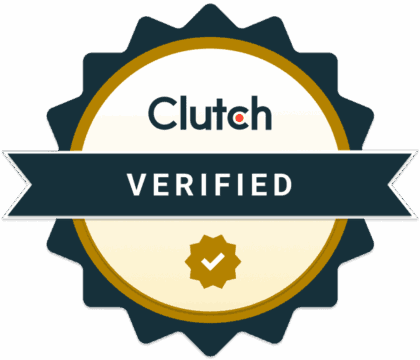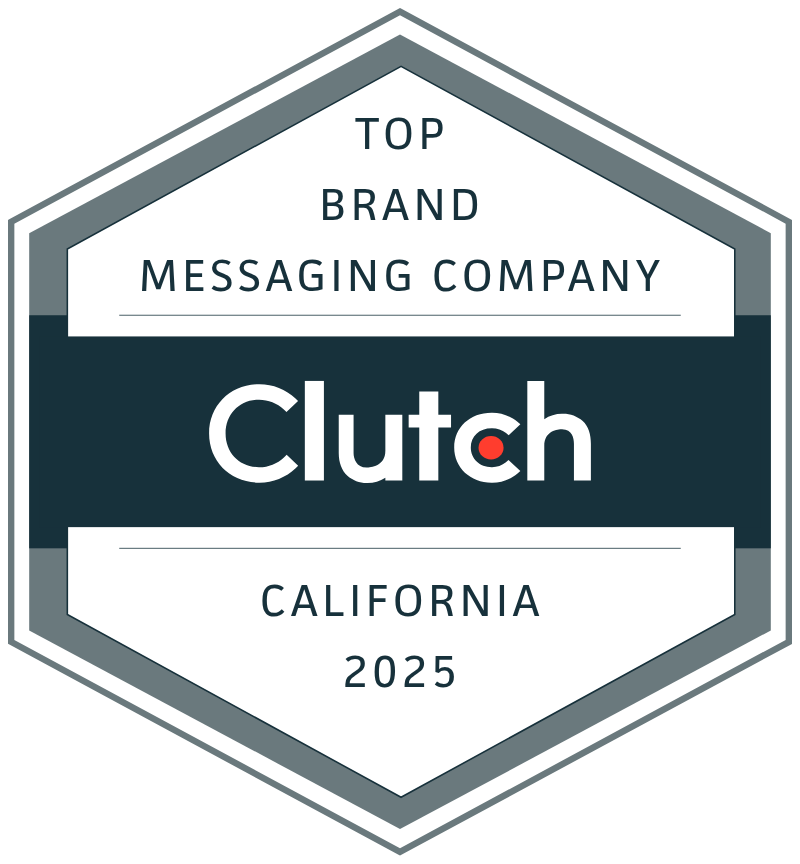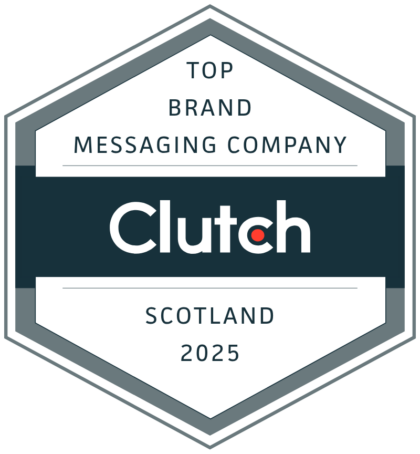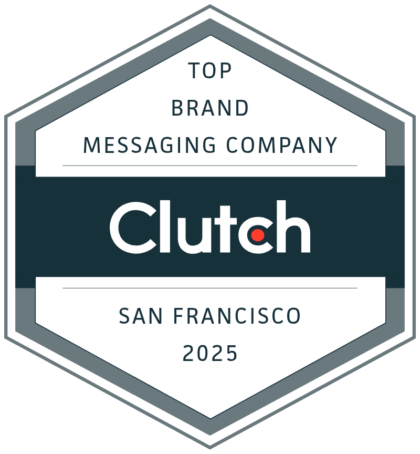The future’s soft with AI
It's not a robot takeover. But AI will transform brands and marketing. And cost is not the only consideration you should have.

Susanna Forest | February 2024
LinkedIn recently estimated that 96% of a software engineer’s 2024 tasks will be carried out by AI technology in the near future. The business platform listed more than 500 roles that will be impacted by the advent of AI. We’re on the brink of a paradigm shift, but it’s not a robot takeover, despite the alarming headlines.
Our pivot to AI will also be a turn to soft skills, to communication, human understanding and collaboration. Writing in The New York Times on Valentine’s Day – appropriately enough – LinkedIn’s Aneesh Raman and Jobs for the Future president Maria Flynn observed that while employees immersed in technical and data skills will take a hit, “other skills, particularly the people skills that we have long undervalued as soft, will very likely remain the most durable.” Raman and Flynn envisage a future where workplace training pivots to people skills, engineers excel in communication, and women finally close the pay gap. AI will do some donkey work, but a human touch will be more essential than ever.
In other words, the coming revolution pairs two elements that have been meme’d into opposition through a million social media jokes about burger-flipping humanities graduates. The pay gap isn’t the only one that needs to be tackled. As we talk to clients about branding and especially employer branding in 2024, Evviva can see the potential, the pitfalls, and the work that needs to be put in to ride out the transition. Workplace training will be reconfigured, along with STEM-obsessed higher education, and recruitment from colleges. That means new ways to assess these soft skills in applicants and encourage employees to develop them.
We’re already seeing early signs of Raman and Flynn’s “soft” future in the branding sector. AI is helping marketers by running research, making suggestions, and finessing targeting. It can run a great simulation of your customer segmentation or place your ads nicely but it’s a long way off being able to replace people, as a recent Hubspot survey of marketers found. While 84% of the Hubspot respondents said that AI generated content more efficiently, just 56% said that content performed better than non-AI content. Customers know when there’s too much bot – there’s an uncanny feel to AI copy and interactions.
Brands are already artefacts created by people to personify and humanize products, experiences or services. If you overuse the large language models in your customer interactions you’ll jeopardize the brand equity you’ve developed. If no human can be bothered to write your brand’s email newsletter, why should a human bother to read it? If the expertise you’re offering can be churned out by AI, why should anyone pay for your services? Clients who feel that there’s no human being who cares about their experience will drift rather than remain loyal. Influencer marketing continues to grow sturdily for just this reason – as the volume of claims and content step up online, your audience crave authenticity.
Here at Evviva, we are interested in finding ways to build the right skills into your business and your brand while ensuring that AI sticks to making relevant contributions to the workflow. We want to bridge the unhelpful gap between “hard” and “soft” expertise.
Change is coming. Be sure your brand has a soft landing. We can help.




















